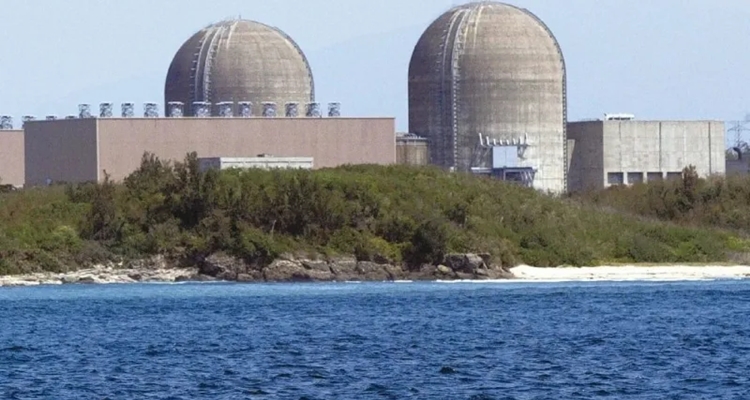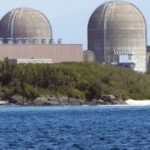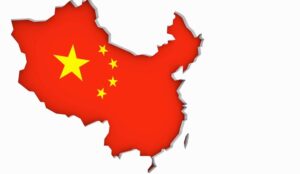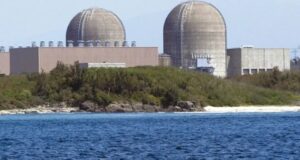
Taiwan would have many problems if the mainland imposed a real blockade like the one it simulated in drills in April 2025. One problem is that ships carrying liquefied natural gas “would find it hard to arrive in Taiwan.” So says James Yifan Chen, a student of diplomacy and international relations (“Can Taiwan’s energy grid withstand a Chinese attack?,” Deutsche Welle, May 5, 2025).
First target
Chen adds that energy “would be Beijing’s first target.” And if energy goes, ability to strike back goes. “People would run out of power and water, as the water supply is powered by electricity. Communication is based on electricity and the military would not be able to function.”
How quickly would the power run out if the Republic of China were dealing with a more or less effective blockade and not also super-accurate, unimpeded bombing of all oil reserves and other sources of energy?
Not instantly. The Republic of China government realizes that blockade is a more than marginal risk and that the country is functioning on an island, or islands; so it requires “oil refinery operators and importers…to maintain an oil security stockpile of no less than sixty days of supply.”
The sixty days of supply doesn’t seem assured though.
In 2023, the then-minister of national defense, Chiu Kuo-cheng, said that if left unainded, the island could withstand a Chinese attack for two weeks if sufficient preparations were made during peacetime.
But Chia-wei Chao, of the Taiwan Climate Action Network (TCAN) and an assistant professor at National Taiwan University, believes two weeks “isn’t a reasonable guideline.”
“Energy consumption would go down, or even halve, in the case of a blockade, so the reserves could last longer,” Chao told DW.
Based on current estimates, “gas reserves should be able to last for 30 days after 2030, and 28 days currently with lowered energy consumption demand,” Chao added.
One complicating factor is that policymakers in the beleaguered country follow no merely commonsensical energy policy. ROC politicians argue about reducing carbon emissions as if scoring lefty political points matters more than keeping everything going while under siege. The Democratic Progressive Party government, otherwise often sensible about defending the ROC against the Chinese Communist Party, has been determined to phase out nuclear power instead of expanding it.
On the other hand, reports DW, “calls for restarting the island’s controversial nuclear program have been gaining momentum.”
Also see:
StoptheCCP.org: “Three Ways Red China Might Not Grab the Republic of China”
StoptheCCP.org: “What War Between Beijing and Taipei Would Really Mean”












